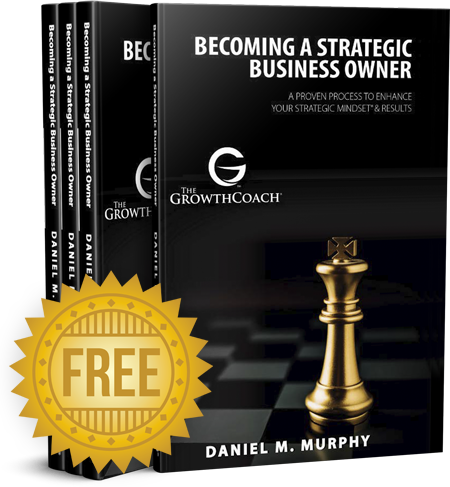For this weeks blog, we’re pleased to feature an article by Growth Coach Derek Miller. As a Growth Coach, Derek helps business owners and sales professionals in Aurora and Englewood Colorado change their lives, not just their days. In today’s blog, Derek explains how failures are never total loses. He outlines why we fail and how failures can be lessons on how to move forward. Even when we lose, we still gain experience in the process.
The Lessons That Can Be Learned From Failure
Failure. FAILURE! You can just imagine the dramatic and depressing sound effects that go along with that word. It has the sound of finality, of doom. Run for your lives!
I recently participated in the US Open Taekwondo Hanmadang. I was in two board-breaking events, where each participant picks how many boards he/she will break, not knowing how many other competitors have chosen. I did not receive a medal. In fact, I didn’t break a single board. This gave me occasion, naturally, to reflect upon the nature of failure.
Why do we fail? Here are several basic reasons:
- Too ambitious. In both of my events, I chose the greatest number of boards. I wanted to “go for the gold.” I went for broke. Often we fail because we set goals that are too ambitious, which we have no idea if we are actually capable of attaining. The nature of board-breaking is that you either break all the boards or you break none. In business, it is often the same. We go for the super sales opportunity, passing up on the more realistic ones. Or we try and make our product or service work for every conceivable client, meaning it’s not the best for any one client.
- Not ambitious enough. It’s easy to pick the low-hanging fruit. But it’s easy for all your competitors too. If we never try to be the best, we never will be. Everybody goes into their business or job having certain dreams, and once we stop striving to achieve those dreams, we are overtaken by those who still have ambitions.
- Not enough preparation. The difference between a dream and a goal is action. Just as in sports, in business, practice makes perfect. Practice, correct, practice, correct. If you cannot be confident you can exceed clients’ expectations, why should they?
What to Do When We Fail?
- Take responsibility. You can’t blame others, because you can’t change others. As a business and sales coach, I often meet business owners and professionals who complain about the economy, about their employees, about their competitors. I don’t accept those people as clients. You can’t change the economy, human nature, the competitive environment or many other things. Stop whining about it and focus on what you can change! I’m not saying outside factors never have an impact on our successes and failures. They do, but not as often as many think. We need to be aware of those factors, and change our behavior to take advantage of the good ones and mitigate damage from the bad ones. In board-breaking, the gold medal went to a guy who broke five boards, which I had easily done in practice. Should I “blame” him? No, of course not, you say. But in business and in our lives, we too often find others to blame, and it’s a waste of time and energy, and prevents us from planning for success the next time.
- Ask why. You can’t learn from failure without examining the causes. I tried to break 10 boards with my hand when I had only broken five in practice. I was too ambitious and not prepared enough. I was too ambitious because I’m obsessed with being the best. I was unprepared because I didn’t start training for the event soon enough. You can’t break boards every day – your hand needs several days to a week to recover. So having a long training period is critical. Pick one of your recent failures and ask “why,” and then keeping asking “why” until you have gone beyond the superficial answers to the deepest level.
- Plan for future success. Now I know I have to consistently train in board-breaking – making an attempt once every one or two weeks. And come the next competition, I will choose only the greatest number of boards I have actually broken. Competitors be damned – if someone breaks more, they will receive my sincere congratulations and admiration. I will just have to adjust my training regime and/or technique, and start preparing again.
- Get back out there and try again.It occurred to me to ask if I regretted participating in the Hanmadang since I didn’t get any medals. No, for several reasons. One, I showed my two sons how to be gracious in defeat, a skill everyone has to learn in life. Two, now I know what to do to place in future competitions. Having taken to heart points 1, 2 and 3, I will go back out there and do a better job next time. If you adopt the same attitude after each failure in business, my hat’s off to you, and I know you will fail less and less as time goes by.

